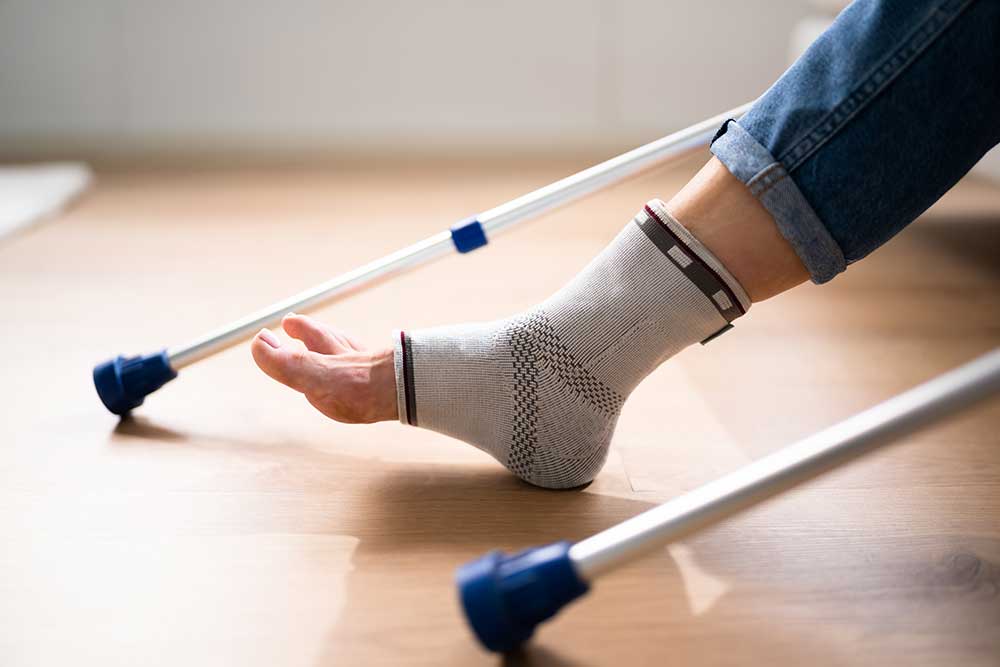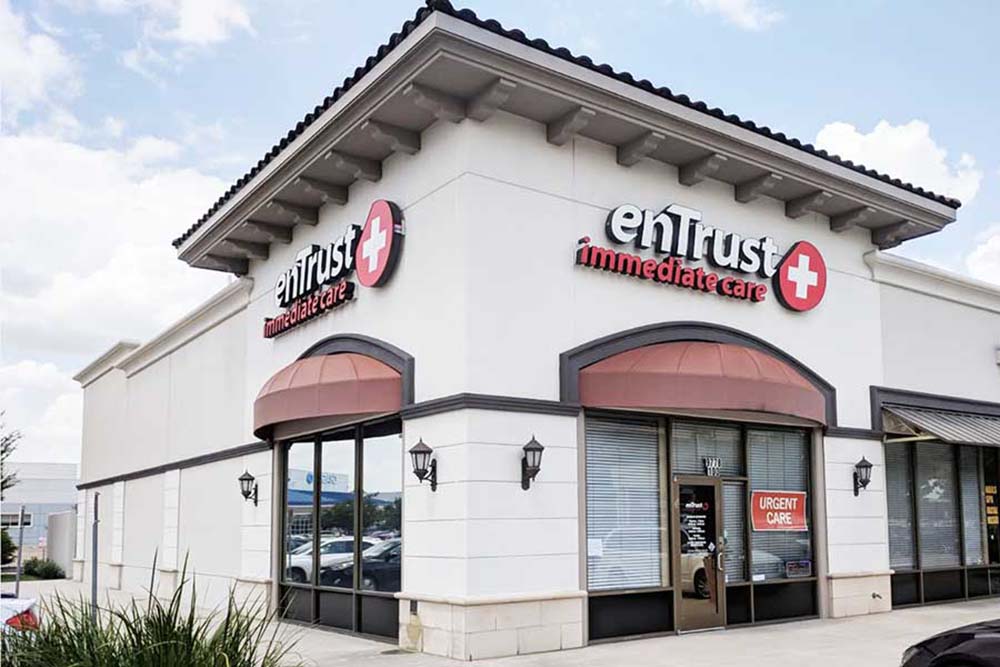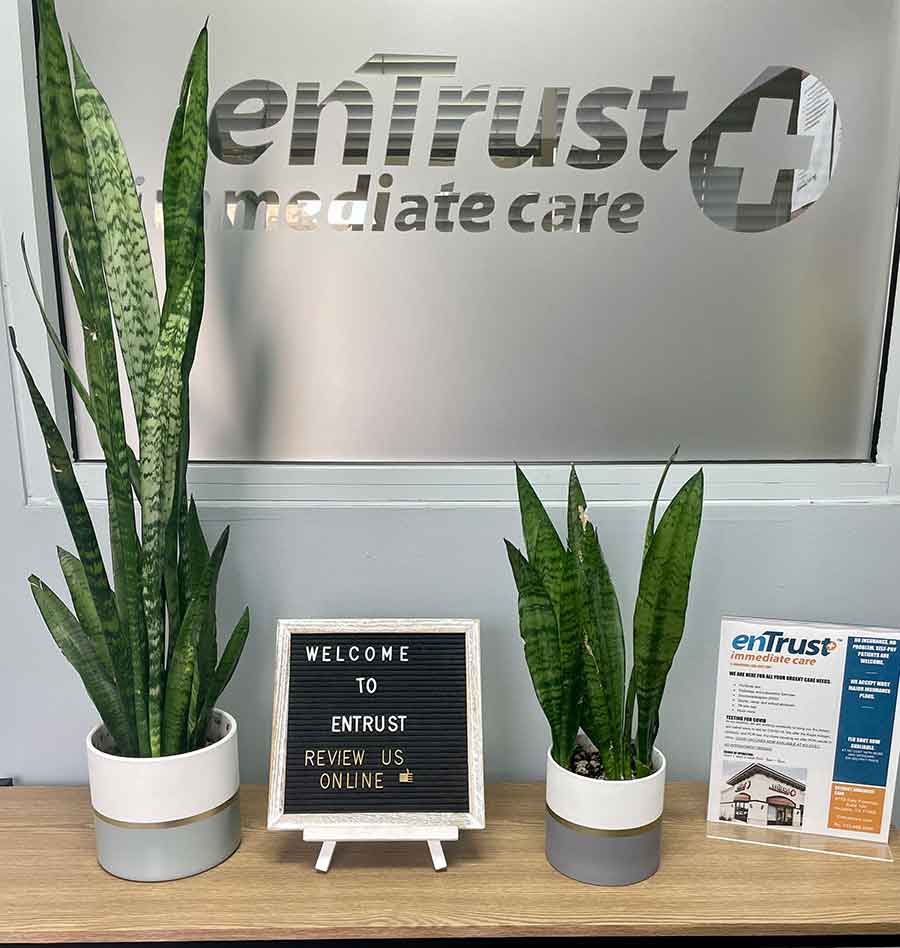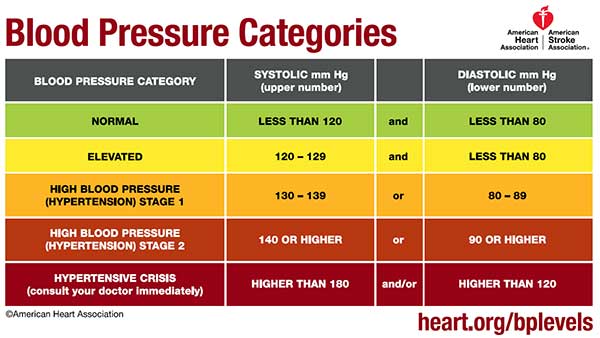
Urgent Care Center Questions Answered Below –
- What is an Urgent Care Center?
- What Common conditions are treated at Urgent Care Centers?
- When Should You Go to an Urgent Care Center?
- How Do Urgent Care Centers Differ from Emergency Rooms?
- Do You Need an Appointment at an Urgent Care Center?
- What Should You Bring to an Urgent Care Visit?
- What Services Do Urgent Care Centers Provide?
- How Do Urgent Care Centers Handle Pediatric Care?
- Are Urgent Care Center Visits Covered by Insurance?
- How Much Does an Urgent Care Visit Cost?
- What Are the Advantages of Choosing an Urgent Care Center?
Urgent care centers like enTrust Immediate Care have become an increasingly popular healthcare option for individuals and families seeking immediate medical attention for non-life-threatening conditions. These facilities provide a convenient alternative to emergency rooms (ERs) and primary care physicians.
Urgent care centers offer prompt, efficient, and often more affordable care.
We know you have questions and need answers about urgent care centers and whether they are good for you and your family. Here we answer some of the most common questions about urgent care centers to help you understand when and how to use these services.
Q – What is an Urgent Care Center?
A – An urgent care center, like an emergency room (ER), is a medical facility designed to provide immediate care for non-life-threatening conditions that require prompt attention but are not severe enough to warrant a visit to the ER.
Urgent care centers are typically open during regular hours and sometimes extended hours, including evenings and weekends, making them a convenient option for those who need care outside of regular office hours.
Q – What Common conditions are Treated at Urgent Care Centers?
A – Most urgent care centers like enTrust Immediate Care have the ability to treat most non-life-threatening illnesses and accidents. Below are just a few minor and major illnesses that urgent care centers treat every day.
- Minor fractures and sprains
- Cuts and lacerations requiring stitches
- Flu and cold symptoms
- Ear infections
- Respiratory infections
- Minor burns
- Allergic reactions
- Urinary tract infections (UTIs)
- Skin rashes
- COVID-19 infections
A few modern urgent care centers like enTrust Immediate Care offer infusion (IV) therapy and vitamin shots designed to rejuvenate you and your family.

Q – When Should You Go to an Urgent Care Center?
A – While no one can predict when they or their family will need medical care, it is important to know that urgent care centers can treat most of the same illnesses treated in emergency rooms and at your doctor’s office but usually at lower prices.
Urgent care centers are ideal for conditions that require immediate attention but are not life-threatening. If you’re experiencing any of the following, an urgent care center can be the right choice.
- Minor Injuries: Sprains, strains, or small cuts that may require stitches.
- Illness Symptoms: Sudden onset of flu, cold, sore throat, or sinus infections.
- Minor Fractures: Simple fractures that do not involve severe pain or deformity.
- Non-Severe Allergic Reactions: Mild allergic reactions, such as hives or swelling, that do not involve difficulty breathing.
Certain conditions require immediate visit to an emergency room so if you’re experiencing symptoms of a severe or life-threatening condition, such as chest pain, severe bleeding, difficulty breathing, or symptoms of a stroke, you should go to the nearest emergency room or call 911 immediately.
Q – How Do Urgent Care Centers Differ from Emergency Rooms?
A – While both urgent care centers and emergency rooms provide immediate medical attention, they serve different purposes.
Urgent Care Centers are best for non-life-threatening conditions. They are generally faster and less expensive than emergency rooms, with shorter wait times. They employ experienced board-certified physicians and nurses like emergency rooms but most of the Nurse Practitioners (NP) or Physician Assistants (PA) are experienced in non-life-threatening illnesses.
Urgent care centers are designed to handle common medical issues that need prompt treatment but are not life-threatening emergencies.
Emergency Rooms or ERs on the other hand are equipped to handle severe and life-threatening conditions, such as heart attacks, strokes, major trauma, or severe injuries. The doctors at emergency rooms are usually board-certified and experienced in handling life-threatening conditions and traumas and are better equipped to handle these serious health issues.
Also emergency rooms are usually open 24/7 and have the necessary equipment to treat critical conditions.
Q – Do You Need an Appointment at an Urgent Care Center?
A – One of the biggest advantages of urgent care centers is that they typically do not require an appointment. Most urgent care clinics like enTrust Immediate Care, operate on a walk-in basis, meaning you can simply walk in without appointments. This allows patients to receive care when they need it without scheduling in advance. However, some urgent care centers like enTrust Immediate Care Center offer online check-in or appointment options, which can help reduce wait times.
Do you need an appointment to visit an urgent care center? That depends on the situation. If you can schedule your visit, that is usually the better option since you are guaranteed to be seen by a physician at a time of your choosing. But there are times when that is just not possible and you or a family member needs to see a physician right now, you can simply walk in and be seen by a physician at most urgent care centers.
Q – What Should You Bring to an Urgent Care Visit?
A – Like emergency rooms or hospitals, when visiting an urgent care center, it’s important to bring a few essential items to ensure a smooth and efficient visit. Bring these items or having these information readily available will allow your attending physician to be more efficient in diagnosing your illness and prescribing an efficient remedy.
Bring the following when you visit an urgent care center.
- Identification: A government-issued ID, such as a driver’s license or passport, to verify your identity.
- Insurance Information: Your insurance card or details to help with billing.
- Medical History: A list of any medications you are currently taking, as well as any allergies or past medical conditions.
- Payment Method: Co-pays or out-of-pocket costs are typically required at the time of service.
Q – What Services Do Urgent Care Centers Provide?
A – Urgent care centers offer a wide range of services beyond treating minor injuries and illnesses. Some of the services commonly provided include the following.
- X-rays and Diagnostic Testing: Many urgent care centers have on-site X-ray machines and laboratories for rapid diagnosis of illnesses and diseases.
- Vaccinations and Immunizations: Common vaccines, such as flu shots, are often available.
- COVID-19: Most urgent care centers administer COVID treatments and vaccinations.
- Physical Exams: Routine physicals for school, sports, or employment purposes.
- Occupational Health Services: Some centers provide services like drug testing, workplace injury treatment, and employee health screenings.
- Prescription Services: Physicians at urgent care centers can prescribe medications as needed.

Q – How Do Urgent Care Centers Handle Pediatric Care?
A – When your little one is not feeling 100%, you as the parent will do everything in your power to help them get better and that includes taking them to see the doctor. Like emergency rooms, many urgent care centers are equipped to treat children, making them a convenient option for pediatric care outside of normal pediatrician office hours.
These centers like enTrust Immediate Care have experienced physicians and other staff trained in pediatric care and are capable of handling common childhood illnesses and injuries, such as ear infections, fevers, and minor cuts, and more.
Q – Are Urgent Care Center Visits Covered by Insurance?
A – Since urgent care centers are less expensive to use and usually charge less than your typical emergency room or hospitals, most insurance plans are happy to cover urgent care visits, but coverage may vary depending on your specific plan.
It’s advisable to check with your insurance provider to understand the details of your coverage, including co-pays and out-of-pocket costs. Urgent care centers typically accept a wide range of insurance plans, and many also offer self-pay options for those without insurance. These self-pay options are usually lower than what emergency rooms or hospitals will charge you.
Q – How Much Does an Urgent Care Visit Cost?
A – The cost of an urgent care visit can vary depending on the services provided and whether you have insurance. On average, an urgent care visit is significantly less expensive than an emergency room visit. For example, a basic visit might range from $75 to $200, while more complex services like X-rays or lab tests can increase the cost.
Always check with the urgent care center you plan to visit about pricing, especially if you are uninsured or have a high-deductible insurance plan. Most urgent care centers are happy to discuss payment options with you when you visit.
Q – What Are the Advantages of Choosing an Urgent Care Center?
A – Based on what we have been discussing thus far, it is obvious that urgent care centers offer several benefits that make them an attractive option for immediate medical care.
Here are a few benefits of using urgent care centers instead of emergency rooms or hospitals.
- Convenience: Extended hours, including nights and weekends, allow you to receive care when it’s most needed.
- Shorter Wait Times: Compared to ERs, urgent care centers generally have shorter wait times.
- Cost-Effective: Urgent care visits are often less expensive than ER or hospital visits.
- Accessibility: With locations across most urban and suburban areas, finding a nearby urgent care center is relatively easy.
- Comprehensive Care: Many urgent care centers offer a wide range of services, making them a one-stop-shop for non-emergency medical needs.
Urgent care centers provide a vital service, bridging the gap between primary care and emergency rooms. Understanding when and how to use these facilities can save you time, money, and stress. Whether you’re dealing with a minor injury, an illness, or need a routine service, urgent care centers are a convenient and efficient choice for prompt medical attention.








